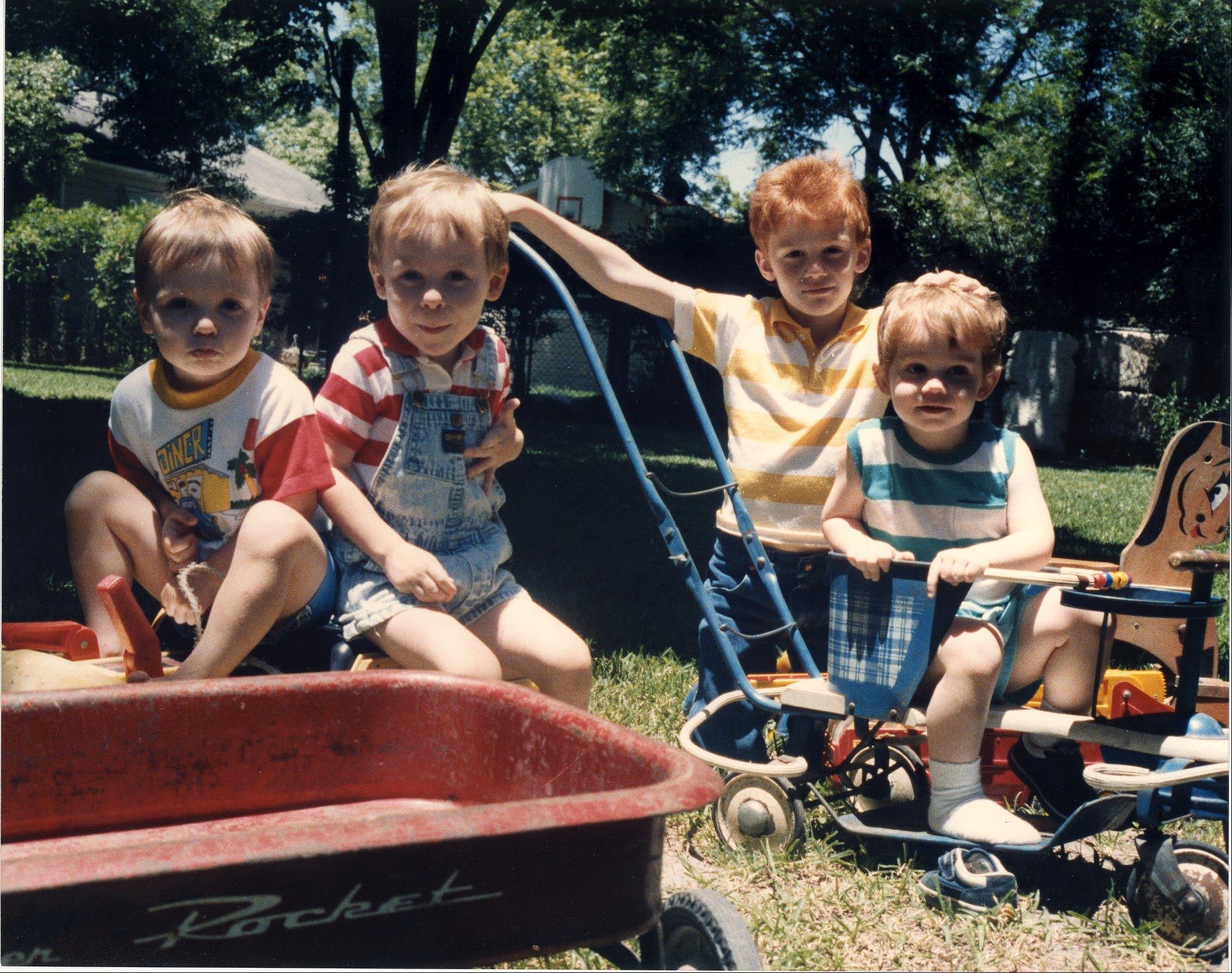Proper Titles for Your Family Members in Korean Posted by Flying Oyster on May 27, 2020 in Culture, Grammar, Korean Language, Vocabulary
호칭 (ho-ching: appellation) is important in Korean. I believe knowing the proper 호칭 is important because of the very nature of Korean language and culture. Korean language has 존댓말 (jon-dat-mahl: the honorific, the form of Korean language). Knowing 호칭 can guide you on how you should use 존댓말.
Respecting the elderly or anyone who should receive a form of respect is important in Korean culture. Using the proper 호칭 between family members demonstrates courtesy and respect. In fact, 호칭 was more important to know because the extended family system was more common in the past. Although the degree of adhering to 호칭 has been seemingly less strict as the family system has been shrinking in Korea.
In order to address your family correctly in Korean, you need to know the 촌수 (chon-soo: degree of kinship by blood). This is simpler in English. For instance, you will call your cousin as a cousin whether he/she is from your paternal or maternal cousin. In Korean, your cousin will be called in different 호칭 depending on whether he/she is your paternal or maternal cousin.
Does it already sound complicated? Don’t worry yet. We are going to nail down 호칭 today, so you can call your each family member correctly. Before we start, just know that there is no kinship between husband and wife. 촌수 can go on, but knowing up to 4촌 (sah-chon: the fourth degree of kinship) might be useful.
1촌 (il-chon: the first degree of kinship) includes your parents and your children.
- 아빠 (appa: dad) / 아버지 (ah-buh-ji: father)
- 엄마 (umma: mom) /어머니 (mother: mother)
- 아들 (ah-dul: son)
- 딸 (ddahl-daughter)
2촌 (ee-chon: the second degree of kinship) includes your grandparents, brothers, and sisters.
- 할아버지 (hal- ah-buh-ji: grandfather)
- 할머니 (hal-muh-ni: grandmother)
- 오빠 (oppa: younger sister to older brother)
- 언니 (unni: younger sister to older sister)
- 형 (hyung: younger brother to older brother)
- 누나 (noo-na: younger brother to older sister)
- 남동생 (nahm-dong-sang: younger brother)
- 여동생 (yeo-dong-sang: younger sister)
3 촌 (sahm-chon: the third degree of kinship) includes your uncle, aunt, nephew, niece, etc,
- 백부/큰아버지 (abk-boo/kun- ah-buh-ji: one’s father’s elder brother)
- 숙부/작은아버지 (sook-boo/jagun- ah-buh-ji: one’s father’s younger brother)
- 고모 (goh-moh: one’s father’s sister)
- 이모 (ee-moh: one’s mother’s sister)
- 외삼촌 (wae-sahm-chon : one’s mother’s brother)
조카 (jo-kah: nephew and niece) is a broad term for nephew and niece. In Korean, there are different words that you can call your nephew and niece depending on the sex. To be honest, I even had to research these terms. Referring to your nephew and niece regardless the sex as 조카 is acceptable.
- 질 (jil: your brother’s children)
- 이질 (ee-jil: sister to sister’s children)
- 생질 (sang-jil: brother to sister’s children)
- 종질 (jong-jill: referring to your cousins’ children)
4촌 (sah-chon: the fourth degree of kinship) includes your cousin, great uncle, great aunt, etc.,.
- 고종사촌 (goh-jong-sah-chon: first cousin)
- 이종사촌 (ee-jong-sah-chon: cousin by a maternal aunt)
- 종조 할아버지 (jong-joh- hal-ah-buh-ji :greatuncle)
- 대고모 (dae-goh-moh: great-aunt )

Build vocabulary, practice pronunciation, and more with Transparent Language Online. Available anytime, anywhere, on any device.






Comments:
Albert Affleck:
I try to pronounce some words without a romanization help… But I can’t… It’s hard..☺️
FlyHighOyster:
@Albert Affleck Albert,
I am sorry that romanization didn’t help. It gives me an idea that I might start to record pronunciations. Thank you for your feedback.
HJ